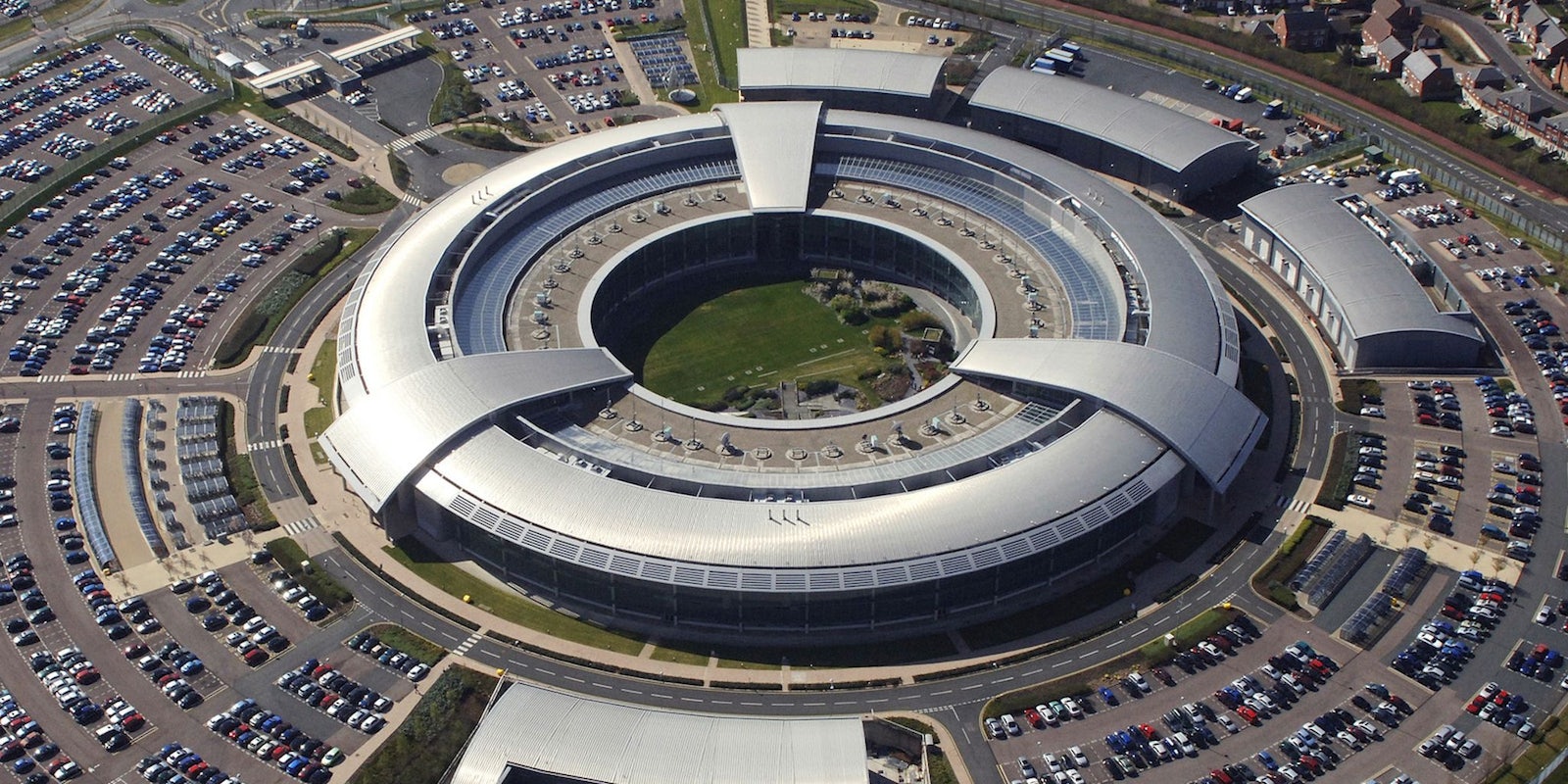Spying by the British government on two international human-rights groups was illegal, according to a U.K. court responsible for complaints against the government’s primary intelligence agency.
The Egyptian Initiative for Personal Rights and the South African Legal Resources Centre were surveilled by the Government Communications Headquarters (GCHQ). The intelligence agency monitored and saved emails for too long, reports the Guardian, violating the law and internal procedures, according to the Investigatory Powers Tribunal (IPT).
The spies have been ordered to destroy the communications within 14 days. No punishments or fines were levied against GCHQ as a result of the violations, which were caused by “technical errors,” according to an official GCHQ statement.
The initial surveillance was justified, according to the court ruling.
“The tribunal is concerned that steps should be taken to ensure that neither of the breaches of procedure referred to in this determination occurs again,” the court ruling said. “For the avoidance of doubt, the tribunal makes it clear that it will be making a closed report to the prime minister.”
On the same day, the court ruled that the GCHQ did not illegally spy on U.K. human-rights group Privacy International.
The GCHQ greeted the rulings as a victory, saying they “welcome the IPT’s confirmation that any interception by GCHQ was undertaken lawfully and proportionately, and that where breaches of policies occurred they were not sufficiently serious to warrant any compensation to be paid to the bodies involved.”
While the human-rights organizations won small victories, they criticized the overall rulings.
“Trying to pass off such failings as ‘technical’, or significant changes in law as mere ‘clarifications’, has become a tiring defense for those who know the jig is up,” Privacy International director Eric King told the Register. “The courts are helping to ensure that the sun is slowly setting on GCHQ’s Wild West ways. Now we need Parliament to step in to fix what should have been fixed a long time ago.”
H/T the Guardian | Photo via Defense Imagery/Wikimedia Commons (OGL)


